Julia, an 8th grader, brings a pack of razor blades to school, passing them out to her girlfriends. She tells them about "cutting" saying "this helps when you get in trouble with your parents or just feel bad" and encourages her classmates to try it. One of her classmates reports this incident to her parents who notify the school. When Julia's mother is called and informed of her daughter's behavior, she responds "I know Julia cuts, she's been doing this for awhile, it's no big deal, many of the girls her age do it."
Mark is a 6th grader, transplant from the mid-west to California. He was active in sports, very social and a strong student. Recently, his grades have fallen. He refuses to engage in sports and has difficulty making friends. He's been telling his parents he doesn't like the new school. He comes home one afternoon with a cut under his eye and says he doesn't know how he got it. He continues to tell his parents about his dissatisfaction begging them to take him out of the school. The following week he's found with a bottle of prescription medication threatening to jump off the 3rd floor balcony of the school. The school counselor discovers Mark's been bullied since the beginning of the new year and recently the taunting got physical to the point where he is now frightened to go to school.
Jimmy, 15 years of age, shows up at school intoxicated. He passes out and is immediately sent to the hospital where his stomach is pumped. He's suspended from school for 5 days. His mother argues with the principal and refuses to talk to the counselors who offer support services for her son. This is the 4th school Jimmy has attended in 2 years. When the principal attempts to address Jimmy's behavior his mother begins insisting his teacher is causing him a great deal of stress and he's been bullied by classmates. The following weekend Jimmy is arrested at a local movie theater for being intoxicated and passing out in front of the theater.
Each year Outreach Concern counselors get referred thousands of kids similar to these above. The reasons relate to various academic, behavioral and social/emotional issues. Some problems can be resolved with a helpful ear and a bit of direction. Grades improve, organization increases, homework is turned in, or a child learns how to develop more friends. Some need more help.
All too often some issues are of greater concern: learning disabilities, ADHD, absenteeism, depression, divorce, custody issues, parents re-marrying, child abuse; it's a long list. Unfortunately, children are plagued with these issues bringing far more to the classroom than their books and pencils. Confronted with these problems on a daily basis, their ability to cope and demonstrate success in various aspects of their lives, including achieving success in school, is often seriously impacted.
In some cases, the help they need can be provided by in-school services. However, many of these situations necessitate a need for outside intervention, counseling, testing, tutoring, or medication. Until these services are incorporated into a child's life their behavior often worsens and their success and sometimes health is seriously impacted. Unfortunately, a major contributor to the problem often becomes their parent who is sometimes more of a "Roadblock" to their child's success than a supporter.
Upwards of 60% of parents provided with suggestions or referrals don't respond and of those parents that do, less than 50% follow through. For those who don't respond, their child often continues to flounder, their problems intensify, joining an ever growing population of "at-risk" children.
In the process, sometimes parents blame the school, teachers and counselors, or make excuses for their child's behavior. In some cases they identify their own life as being overwhelmed with issues that in their estimation make it impossible to follow through.
Parental resistance is unfortunately common-place. However, not responding to a child's needs in a timely manner aggravates the condition pushing the child further from expected results. As things worsen neither the problem nor the world the child lives in stands still. As school expectations increase, the child's ability to maintain and perform lessens, further impacting their success.
While other students are learning and progressing, they are declining in ability and willingness. If this continues, instead of viewing the classroom as a rewarding experience, they'll see it as a negative situation where their difficulties impact their confidence, ability and motivation and they begin to turn away from the learning experience altogether.
The goal and responsibility of parents is to meet the needs of their children providing them the best opportunity in and outside the classroom. This means responding to whatever special needs are identified, moving away from a defensive posture that often serves to anchor a child to a lack of performance and success, impacting how they view themselves, their challenges and opportunities, as well as their future.
If in the future you're contacted by someone from your child's school offering a referral regarding your child's performance or behavior, recognize there's no stigma associated with a child who has a problem or their need of professional help. The major goal of the health care experts in and outside of your child's school is to partner with you providing your child the assistance they need to drive their success.
Take action and investigate the options. The longer you allow your child to fail due to an unresolved issue, the heightened negative impact on your child's present and future performance, health and welfare exists.
